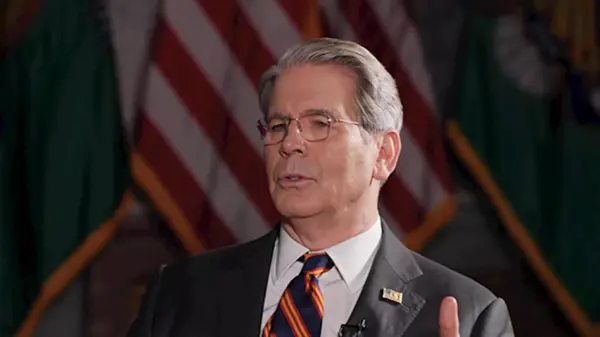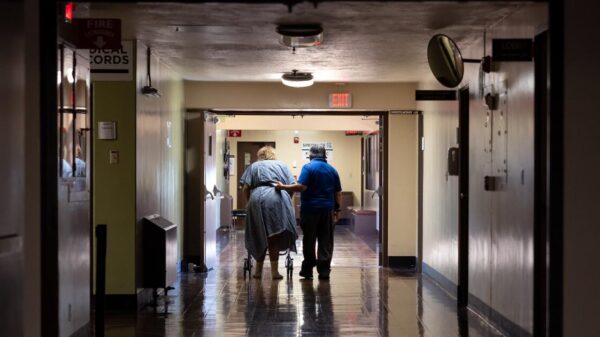A recent forensic audit of the town records in Bradley, Oklahoma, has uncovered significant discrepancies related to voter eligibility during the municipal election held on April 6, 2021. Of the 30 individuals who signed in to vote, only 27 were confirmed as eligible. Alarmingly, one voter signed in twice, a situation that went unnoticed by election workers, raising concerns about the integrity of the electoral process in this small community.
The audit highlights pressing issues that could undermine public trust in local governance. During the election, where only 30 votes were cast, the fact that a single individual signed in more than once illustrates a lapse in oversight. This incident has prompted calls for improved training and vigilance among election officials to ensure the accuracy of voter rolls and adherence to electoral laws.
In their investigation, auditors noted a lack of proper verification processes in place at the polling location. The failure to adequately check the eligibility of voters not only raises questions about the specific election in question but also reflects broader concerns about the electoral system in smaller jurisdictions.
Local officials have expressed their commitment to addressing these findings. In a statement, the Mayor of Bradley emphasized the importance of transparency and accountability in the electoral process. “We take these findings seriously and will implement necessary changes to prevent such occurrences in future elections,” the Mayor stated.
The audit’s revelations serve as a reminder of the critical importance of maintaining rigorous standards in electoral processes, especially in smaller towns where the impact of each vote can be magnified. As Bradley’s officials work to rectify these issues, the town’s residents will be looking for assurances that their rights and votes are protected in the future.
Moving forward, the town plans to enhance its voter registration protocols and provide additional training for election workers. By doing so, officials hope to restore confidence among the electorate and ensure that future elections run smoothly and fairly. The emphasis on compliance and accuracy is vital for fostering trust within the community, particularly as local governance continues to face scrutiny in the wake of this audit.
The findings from the audit will likely resonate beyond Bradley, prompting discussions about best practices and electoral integrity in small towns across the region. Ensuring that all eligible voters can participate in the democratic process without complications is essential to the health of any community.


































































